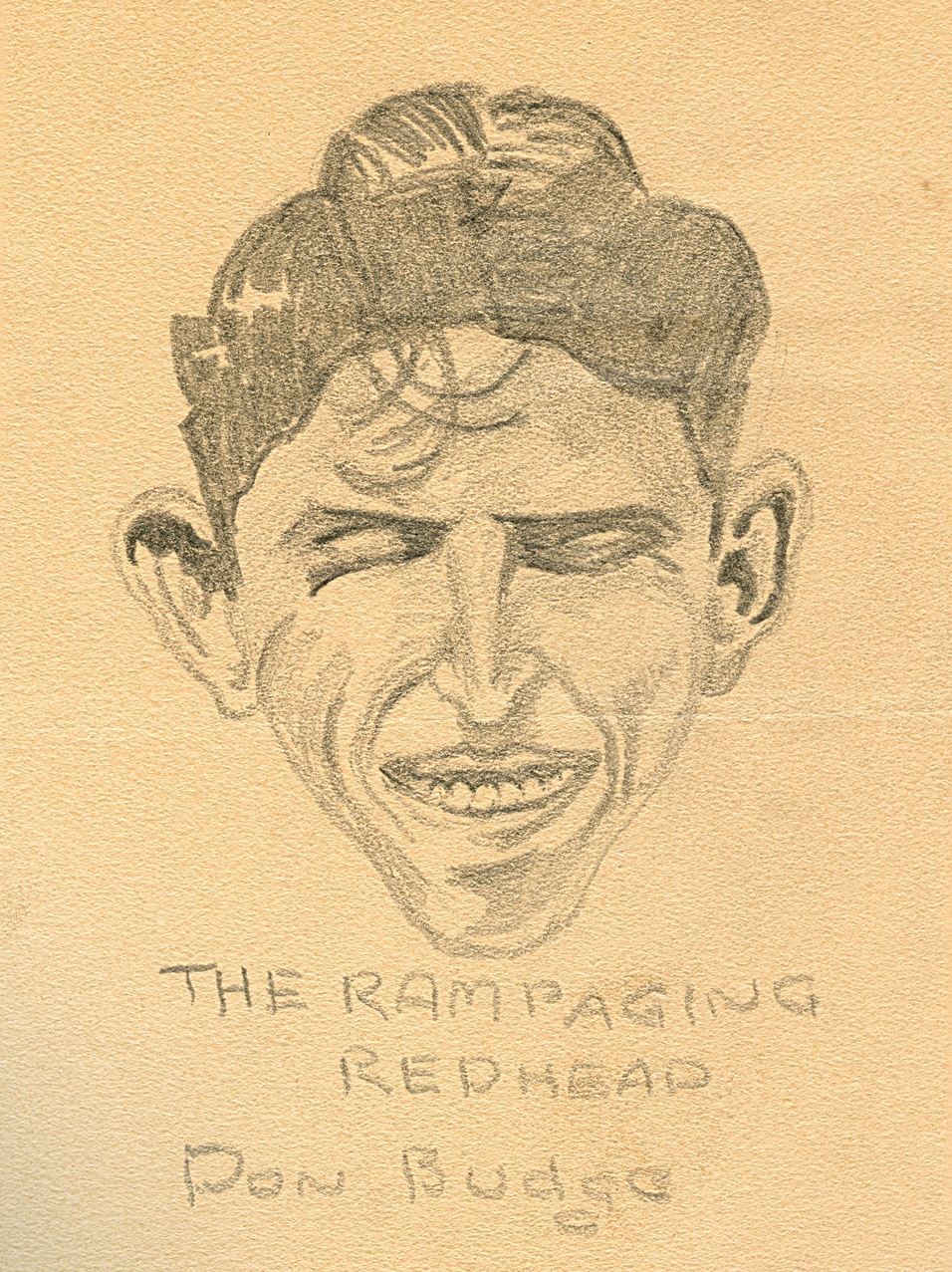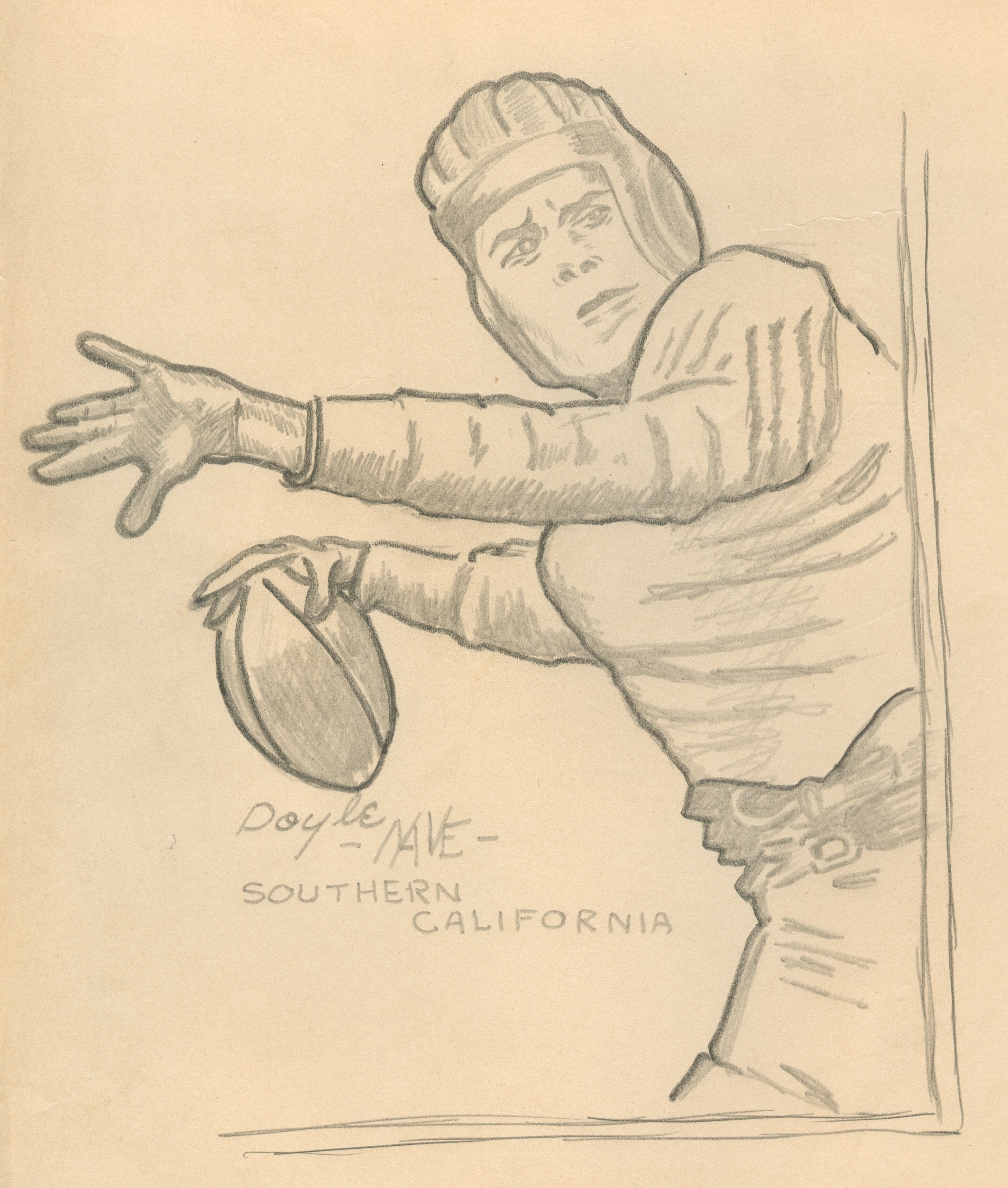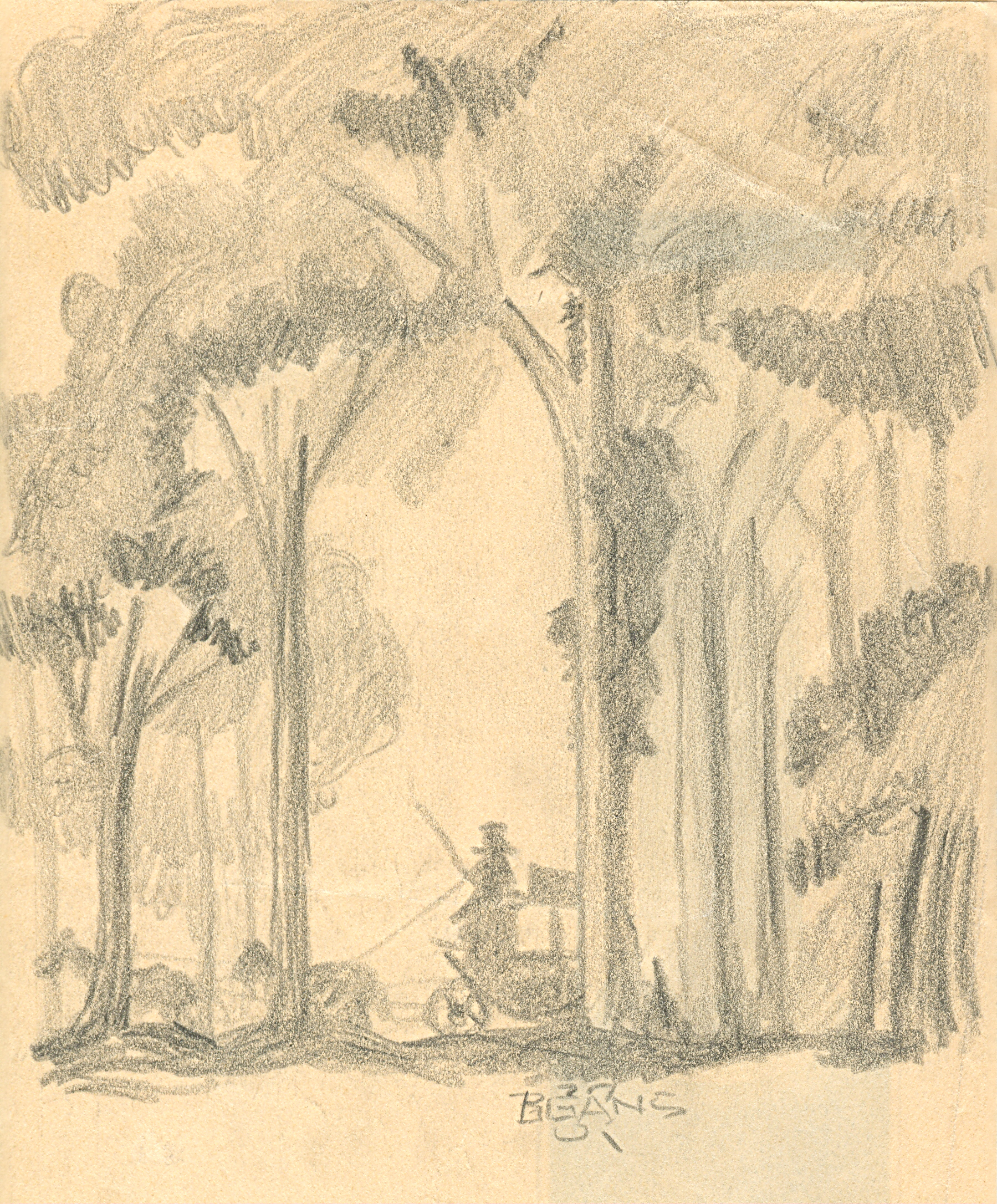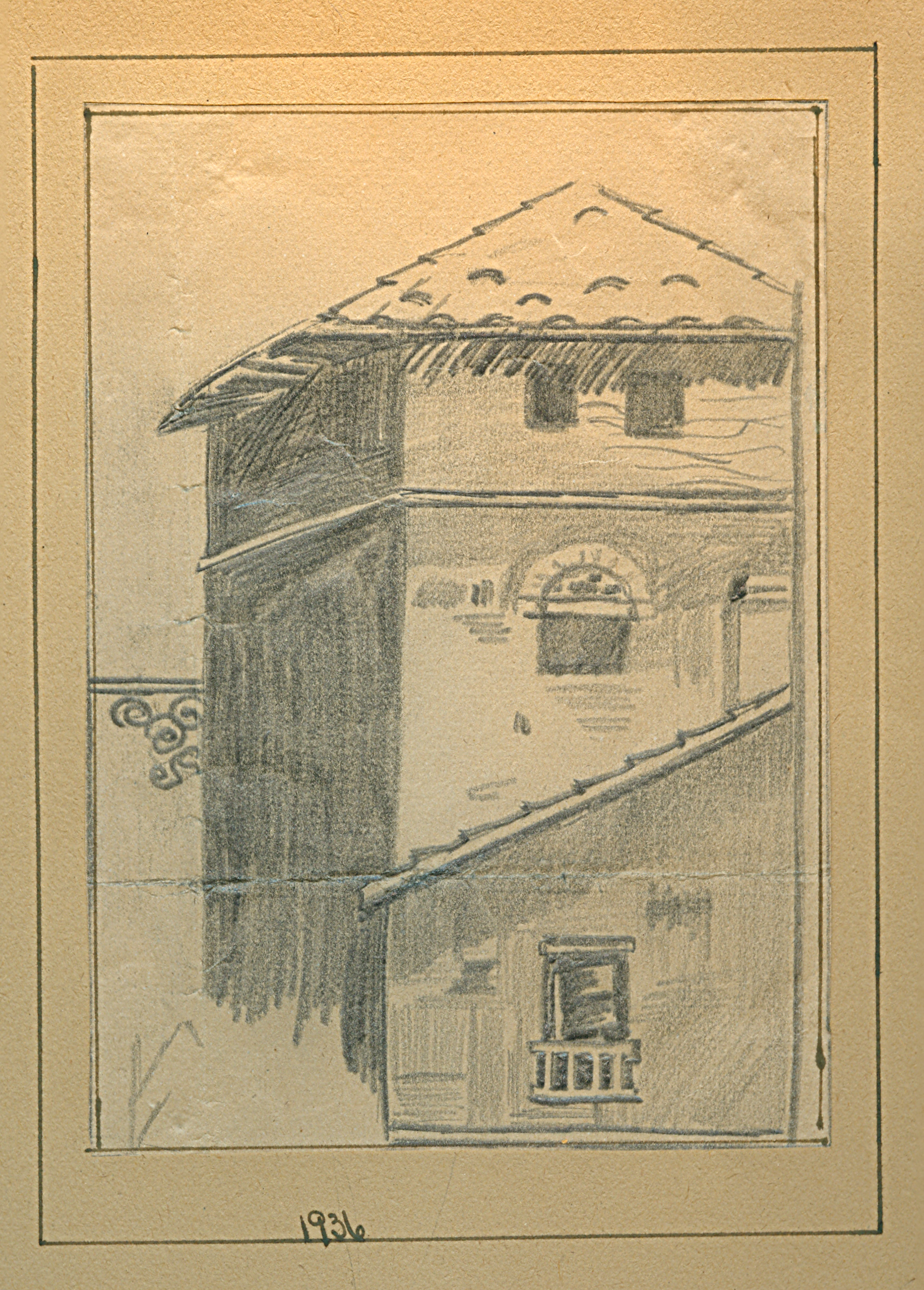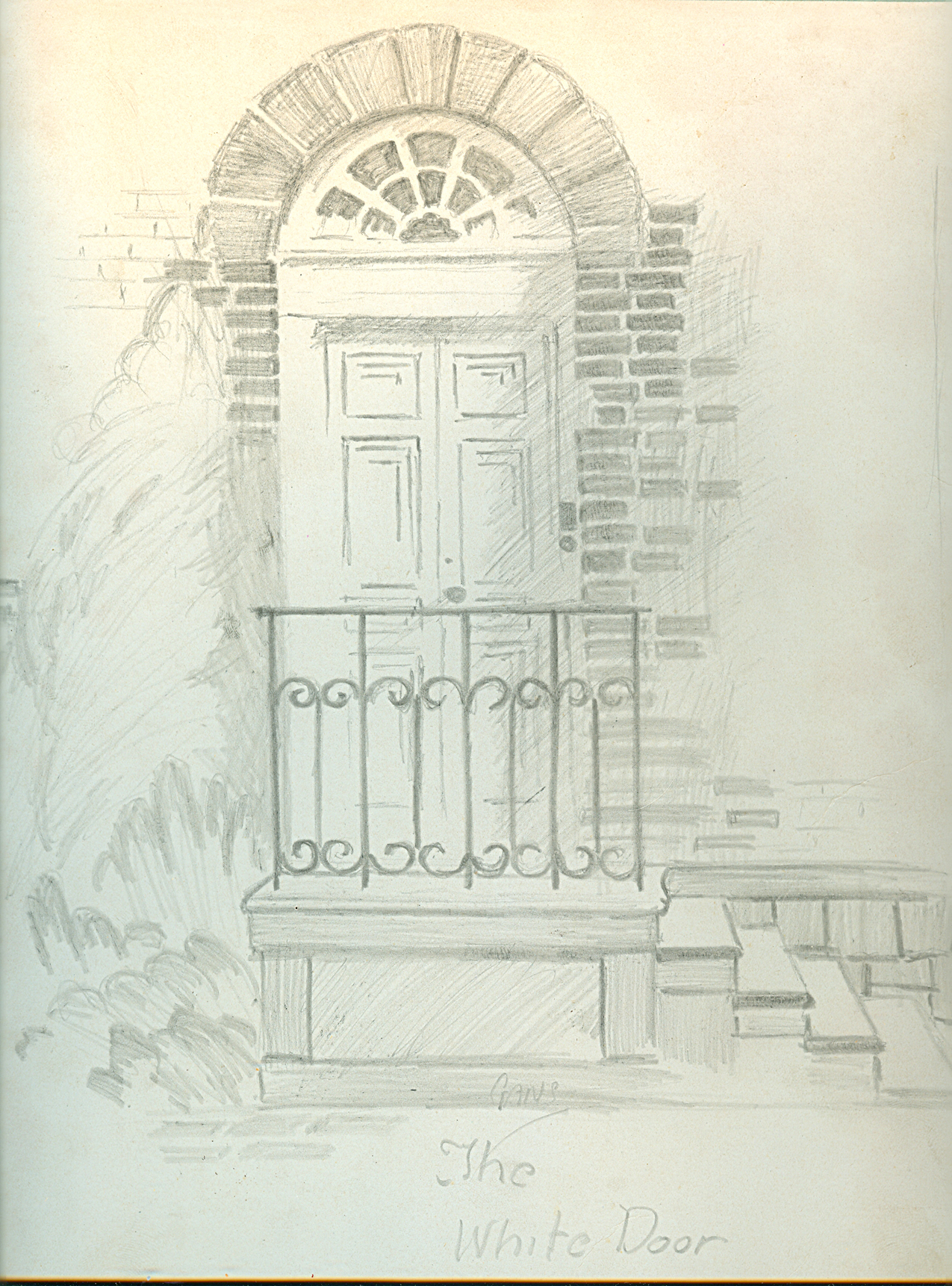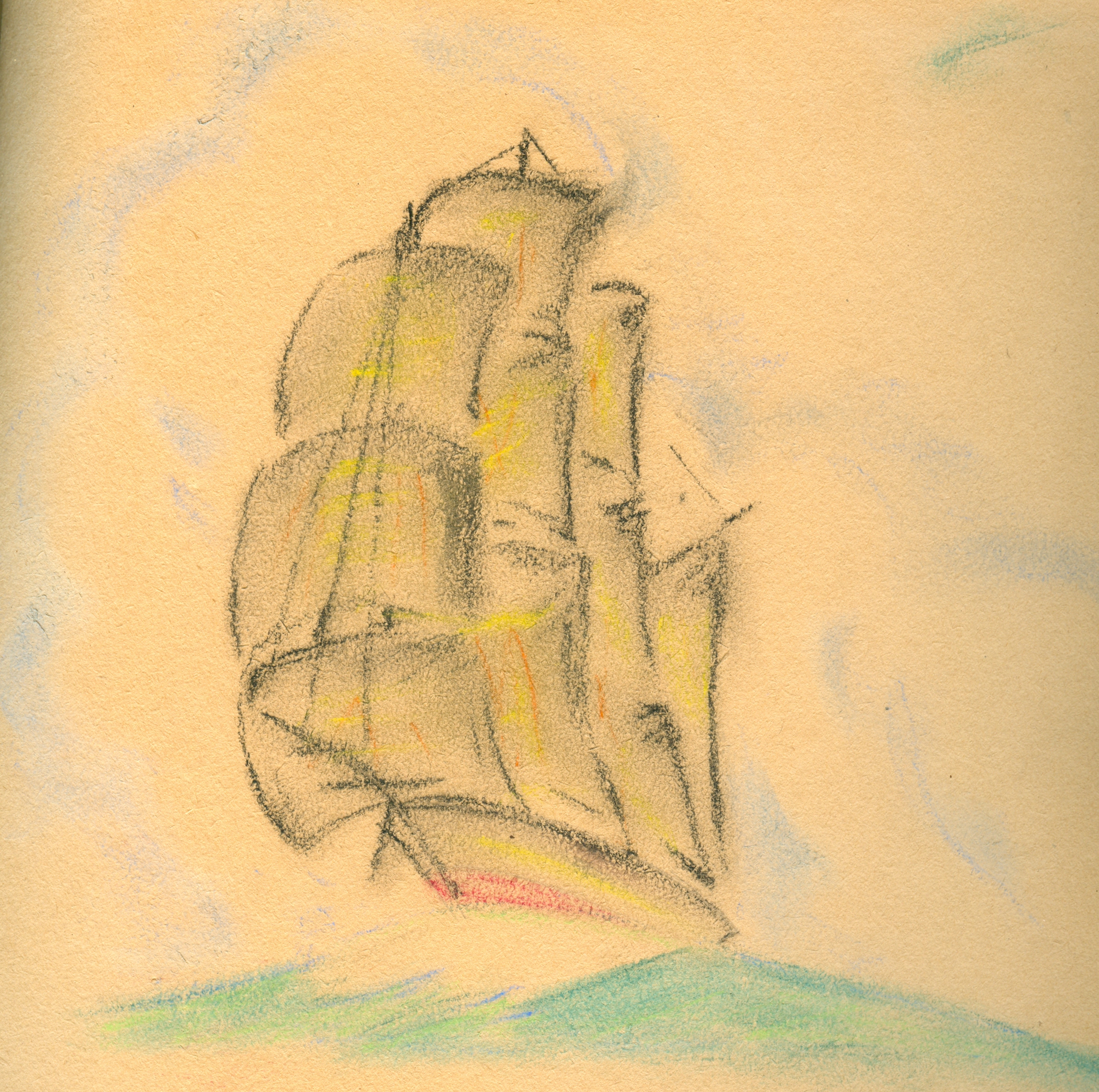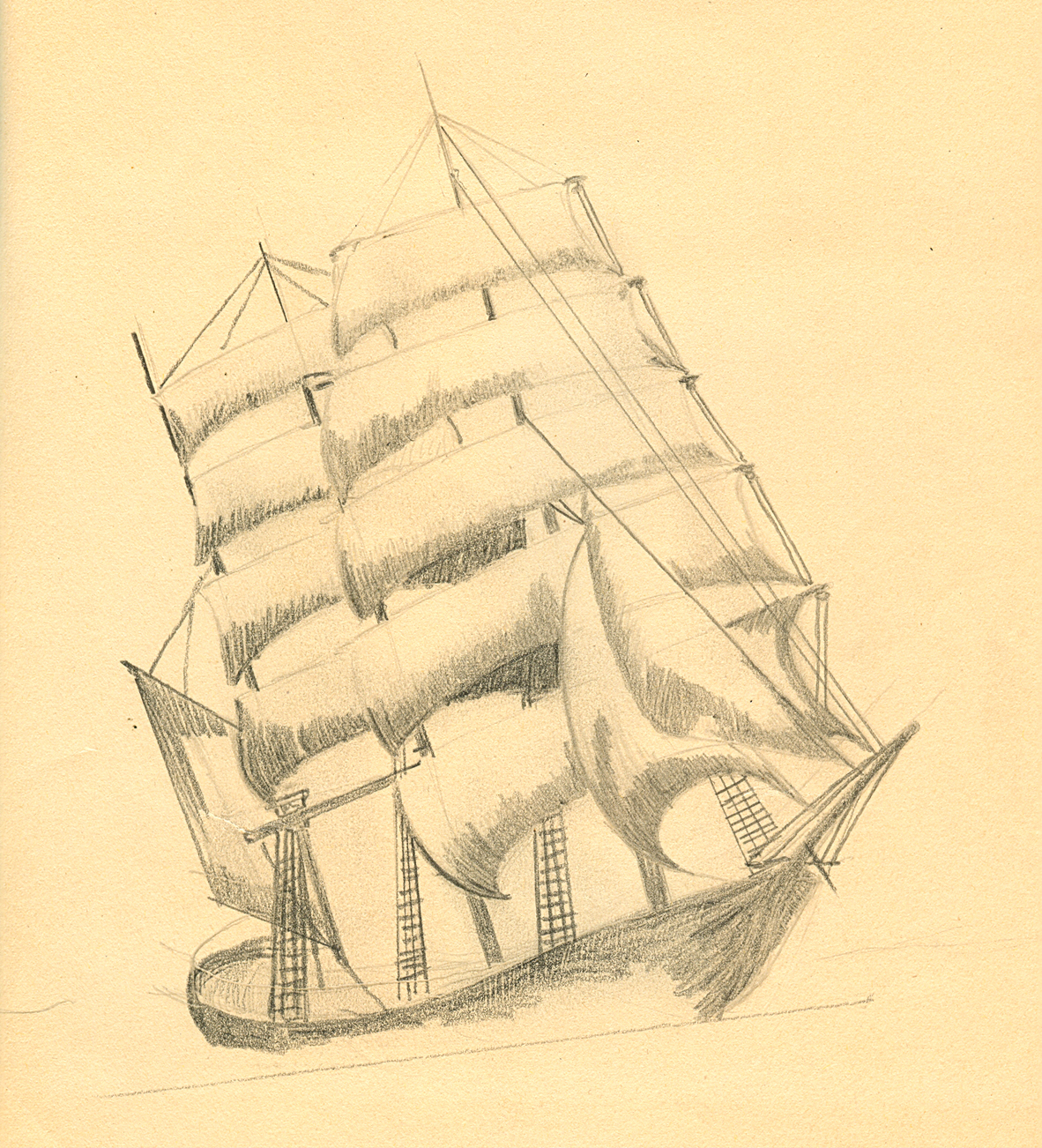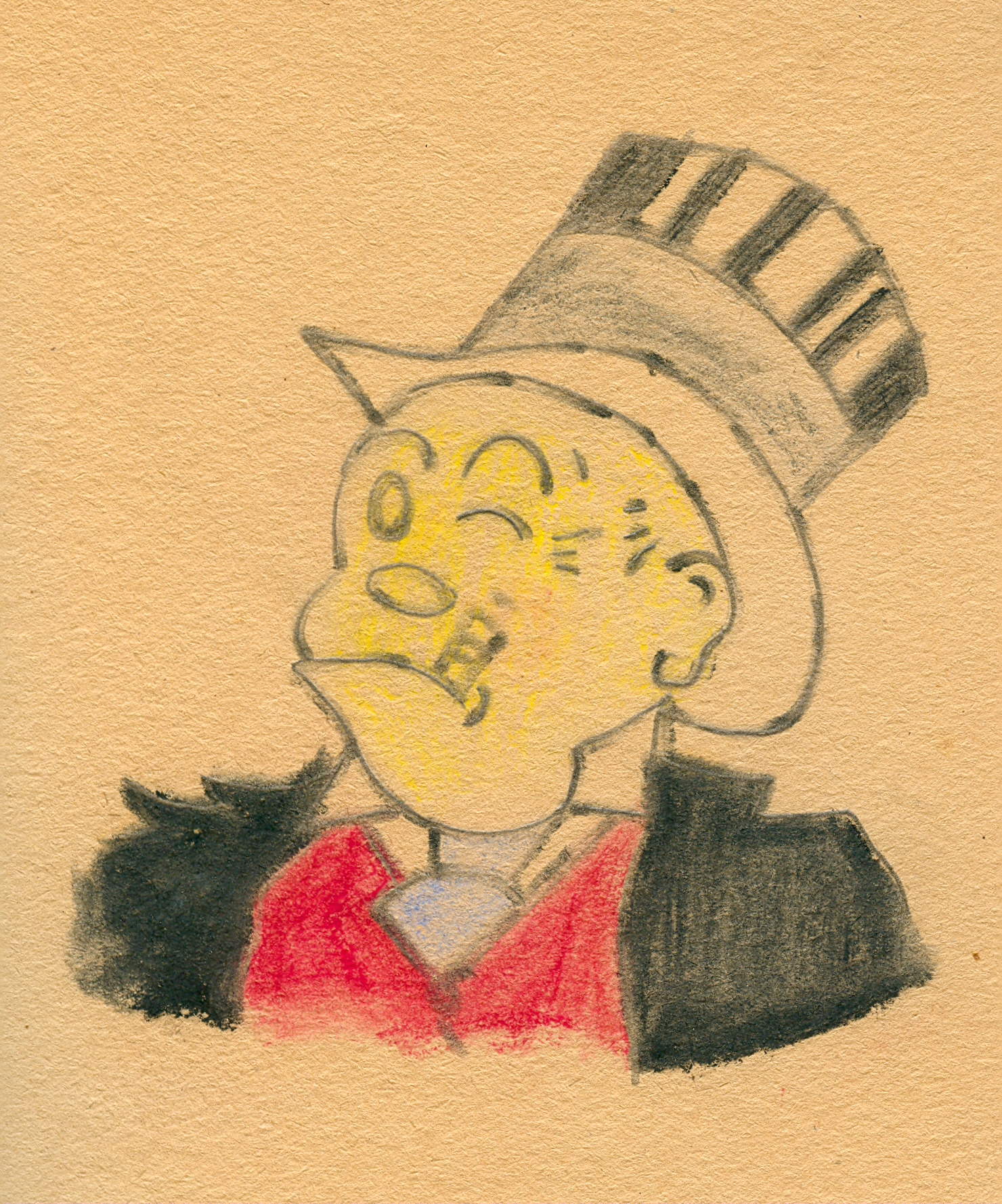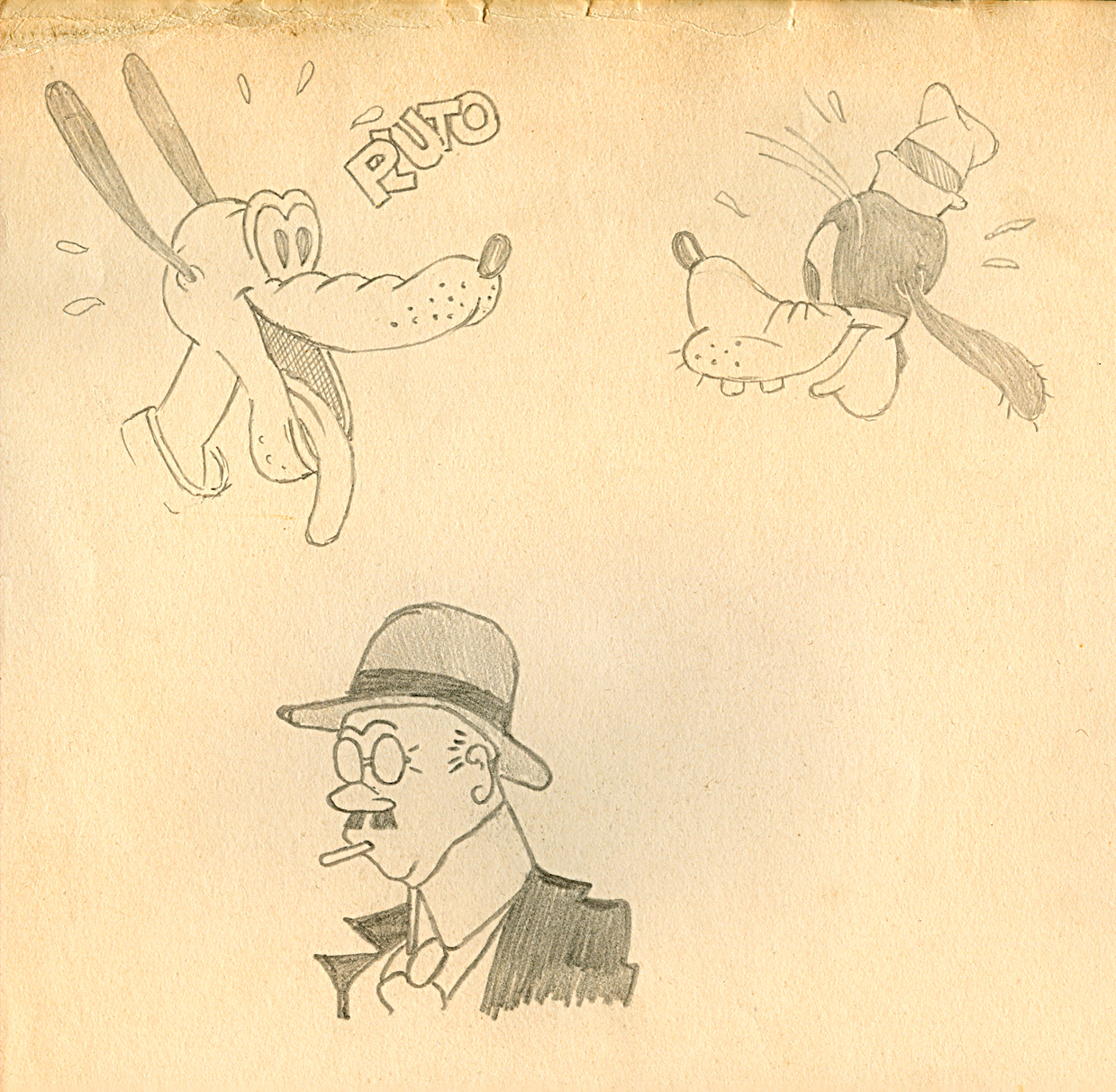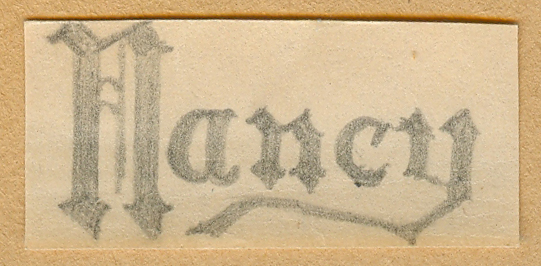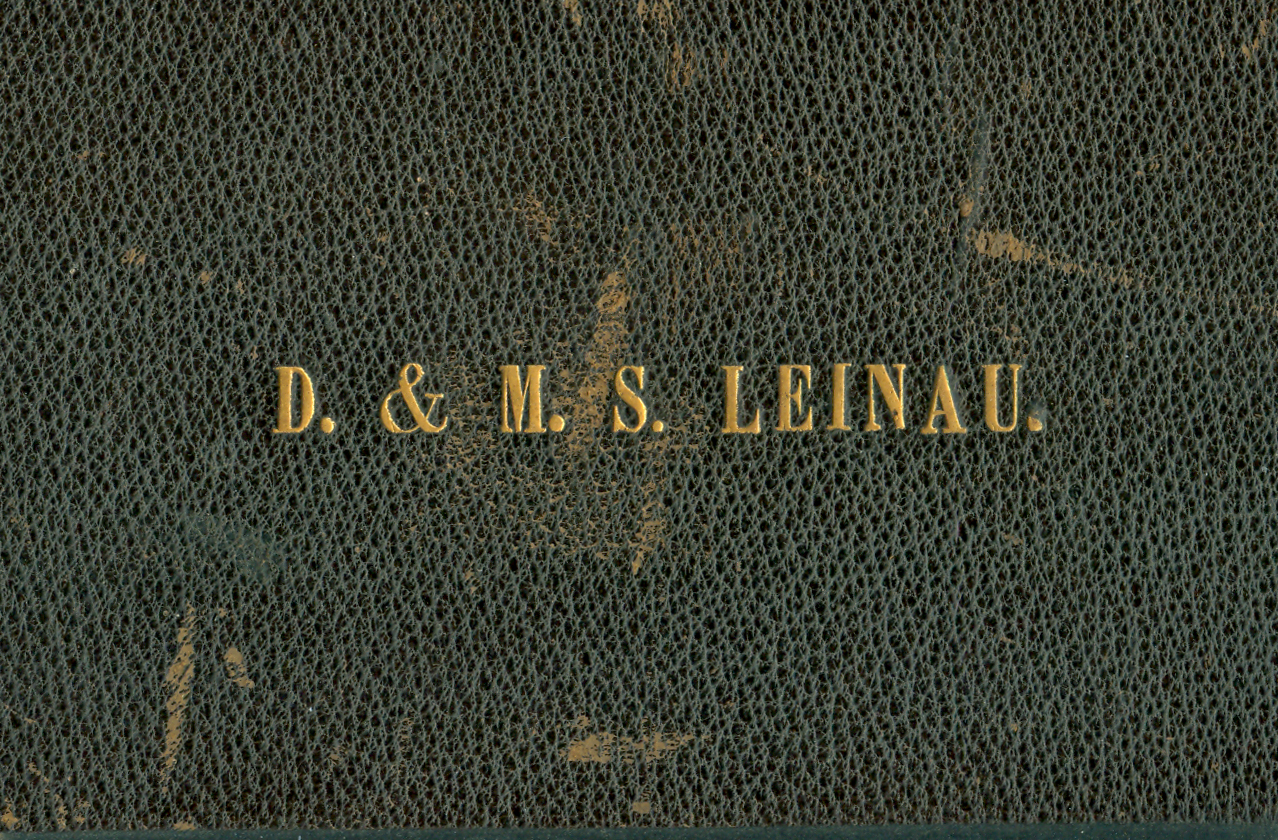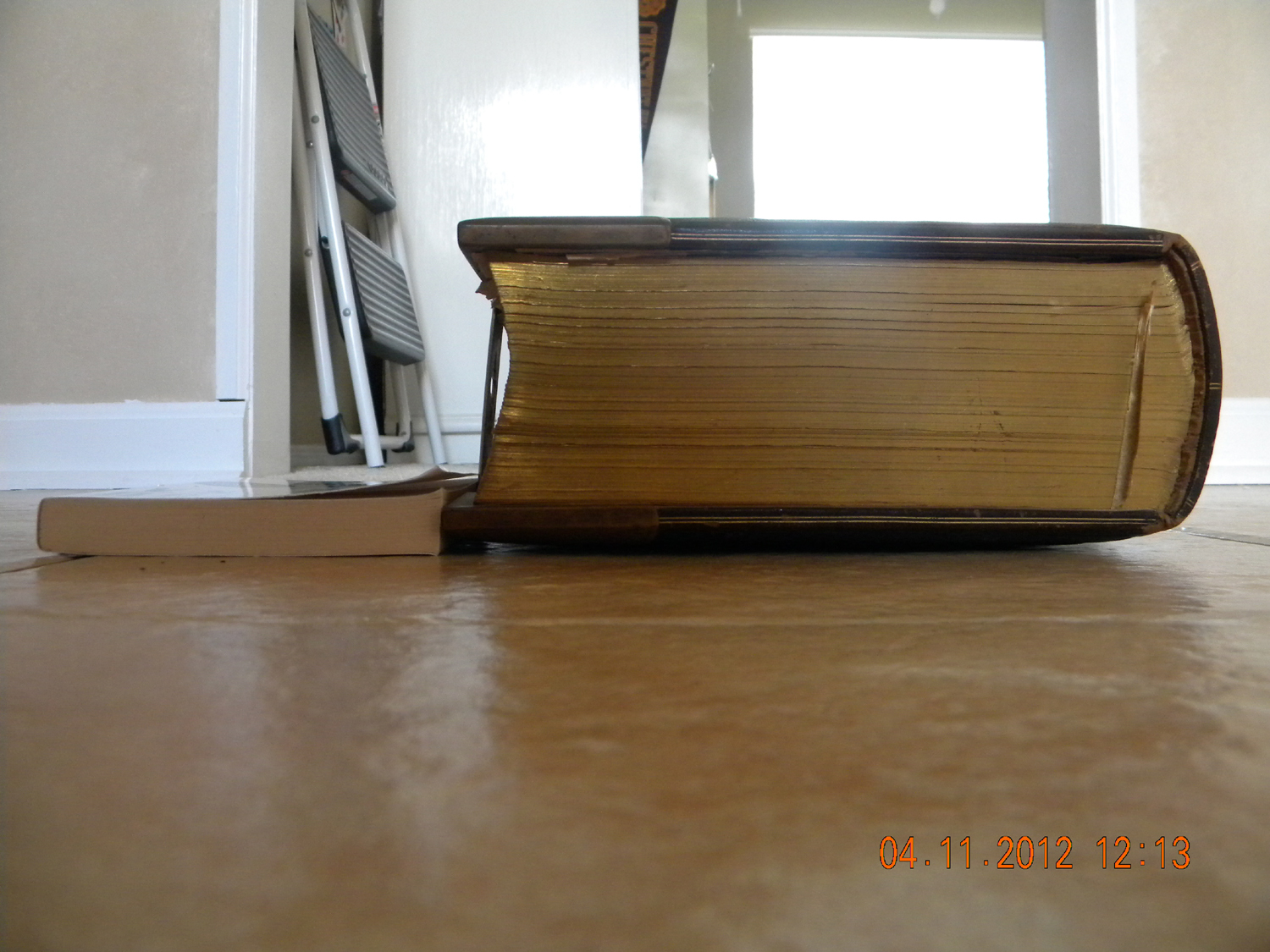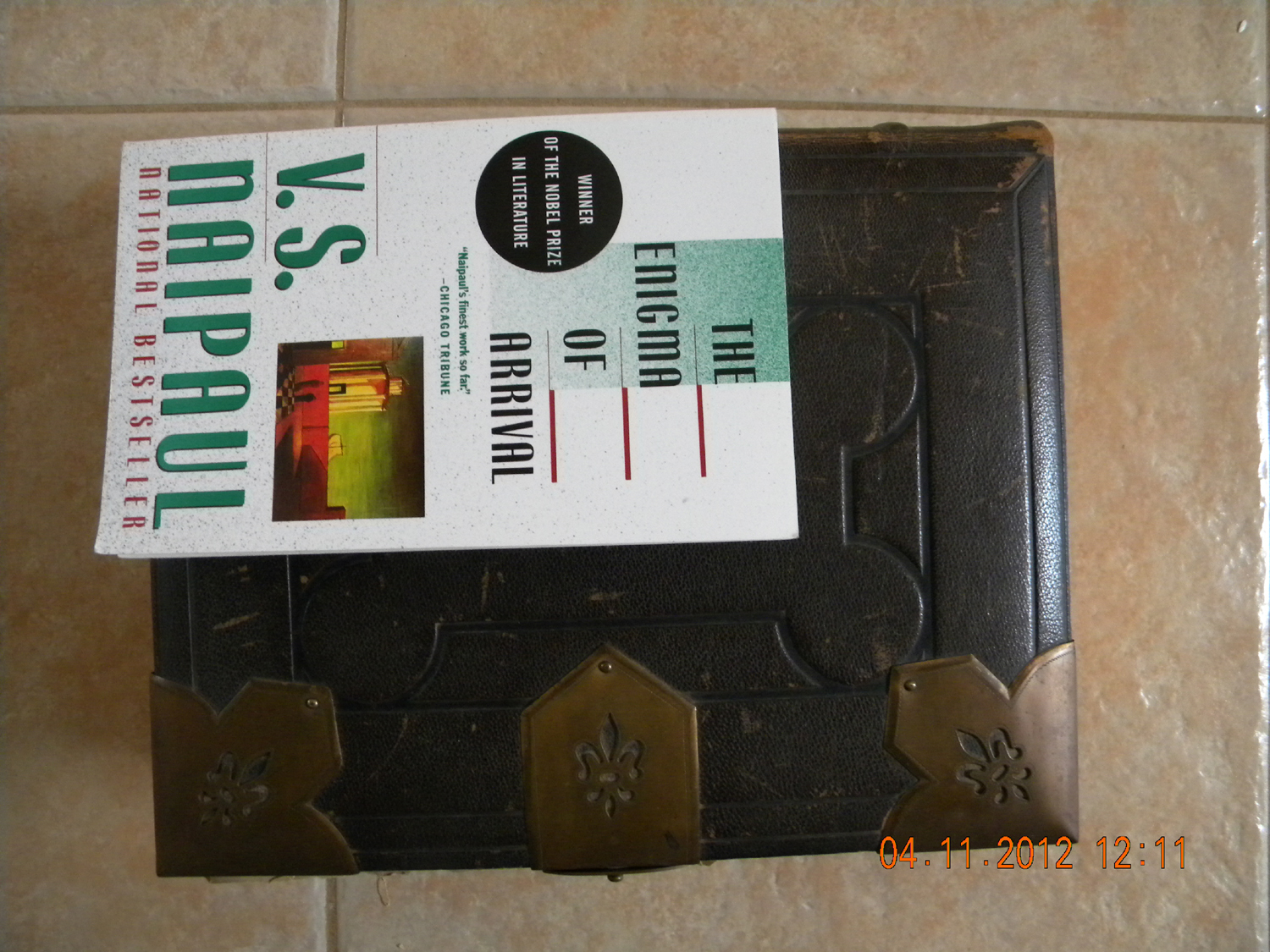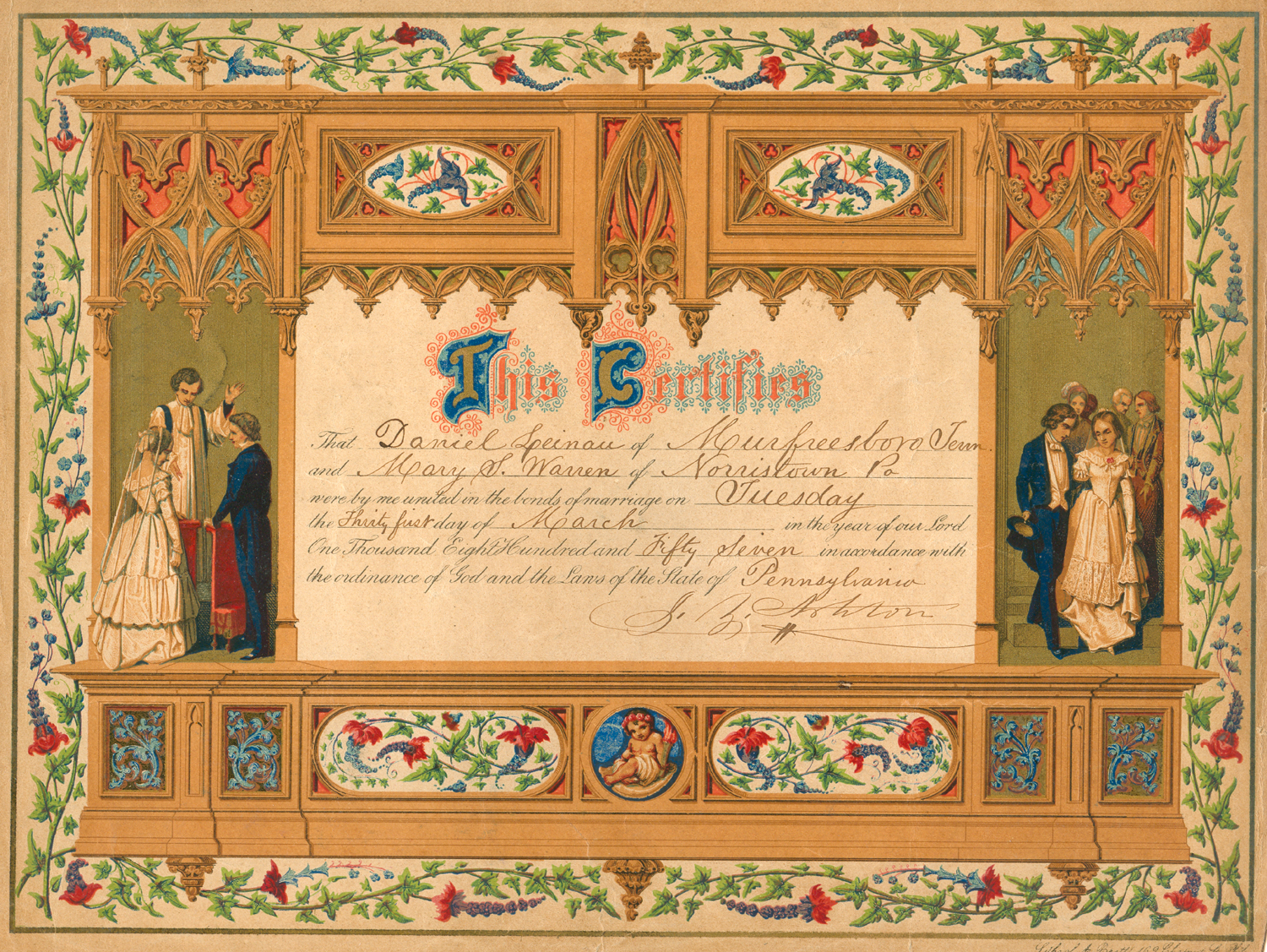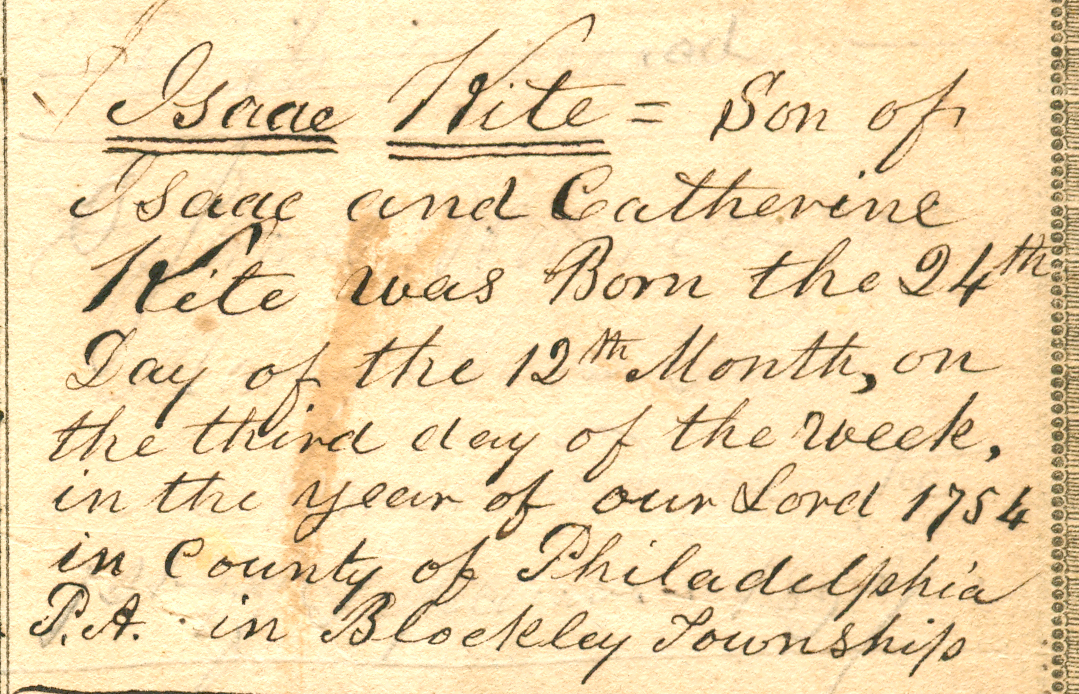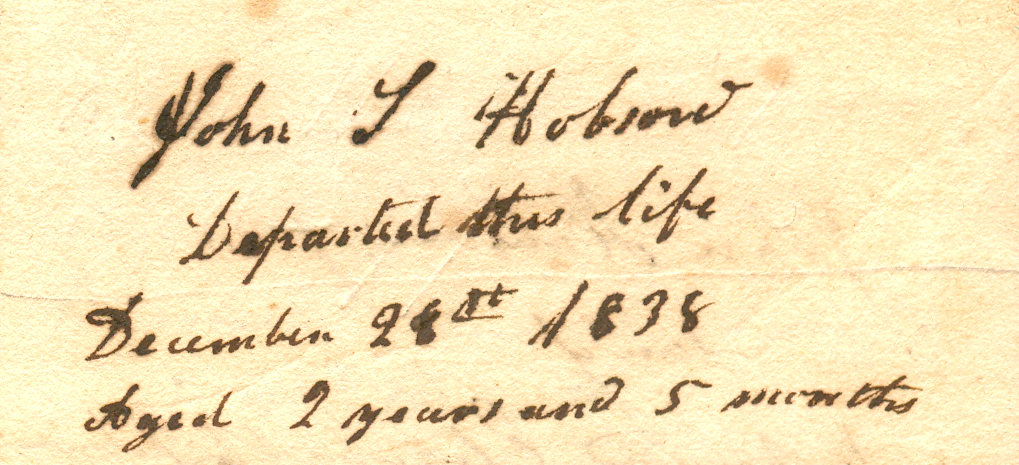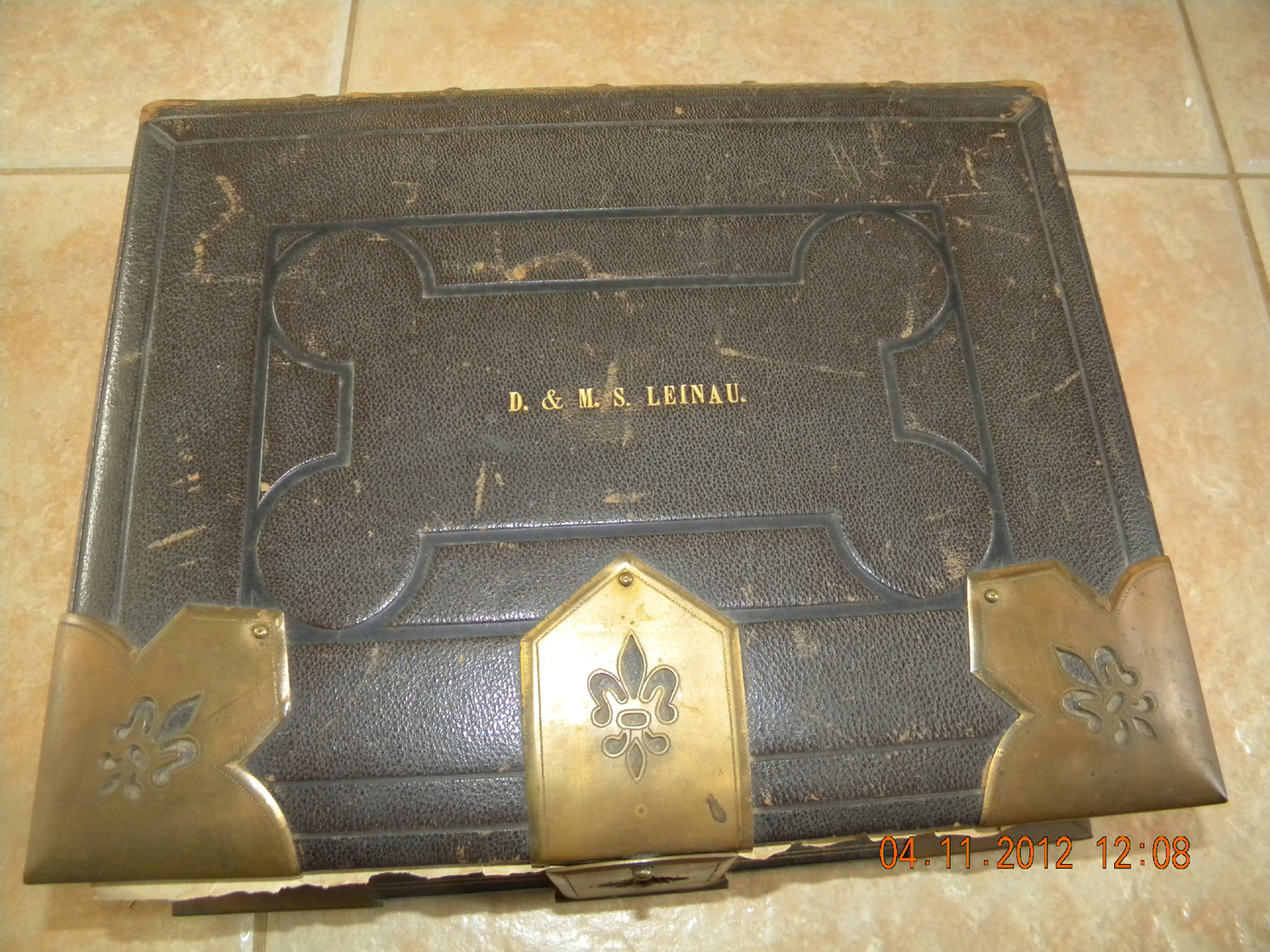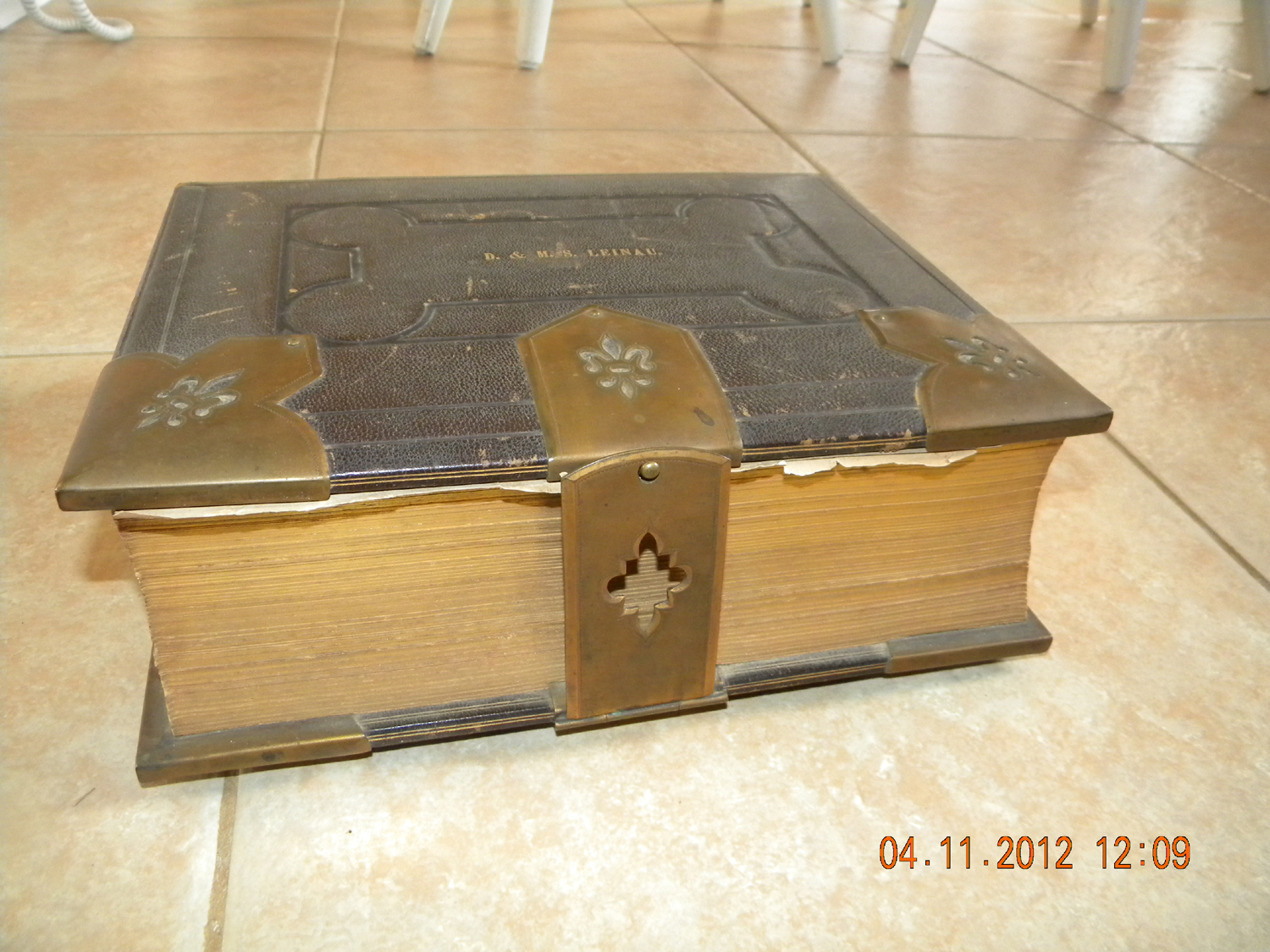When I first started doing genealogy, I had no idea how to properly cite my sources. So I did it any old way. Now, I do know how to do it right, and I am engaged in a time-consuming process of going back over my source citations and correcting them. Since I’ve been doing genealogy for about 20 years, that’s a lot of source citations!
So why am I bothering? What I have is adequate, in that a person looking at it will know where my information came from. For example, I had a lot of entries from the Philadelphia City Directories. I noted the year of each directory, but not the page number. Good enough, right? I mean, someone else could easily look up the page number if they wanted to. Yes, they could. But it’s not the proper way to cite something. So I spent several hours re-finding the pages and entering them into the database.
Why, when what I had was good enough? In this case, it is because I want people who find my tree online or who read my book to take my work seriously. I want them to have the confidence that my sources are correct, that I am not guessing or engaging in wishful thinking (often an issue with amateur genealogists).
The same goes for my fiction writing (and everything I do, really). I can get to “good enough” in most aspects of the craft very easily. But “good enough” is not good enough for me. This is different from perfectionism, which is never satisfied and will never let go of a project that isn’t “perfect.” I know perfection is impossible, but I want to give my best effort on all levels at all times. I want to put everything I have into a project—cross all my t’s, dot all my i’s. Even when I don’t HAVE to.
Why? Because I am serious about my craft, and I want it to show. So I take the time to do the extra round of editing, to do the search and find on the “to be” verbs and “ly” words. I take the time to storyboard the book several times during the process, to make sure it all fits together and that I am not forgetting something. I take the time (and money) to have a professional editor give me feedback to make it stronger.
We all have experienced times in our lives when other people gave half-hearted effort and yet still got ahead—they got a better grade than you, they got a promotion, etc. We all know that doing things “right” is not a guarantee of success, or even a guarantee of acknowledgement. Sometimes I think my life would be much easier if I could be the type of person who settles for “good enough.”
So why do I bother trying to do things “right”?
Because at the end of the day, the product I put out reflects on me. Whether it be a book, a short story, a batch of cookies, a video, it is a product I created. I want to be able to take pride in the work, no matter if it gets me accolades or book deals. I want to know in my heart that this particular piece of work was done as well as I could do it at that time. That it reflects the best of me at that moment.
I suppose this strong work ethic was instilled in me by my parents (for which I thank them). But I have internalized it because of the satisfaction it brings me. Knowing that what I put out there is the best I can do is a rewarding experience for me. Another way to think about it: Most of us don’t leave much behind when we leave this earth—I want whatever I leave behind to be the best of me.
What drives you to put so much effort into your work?

